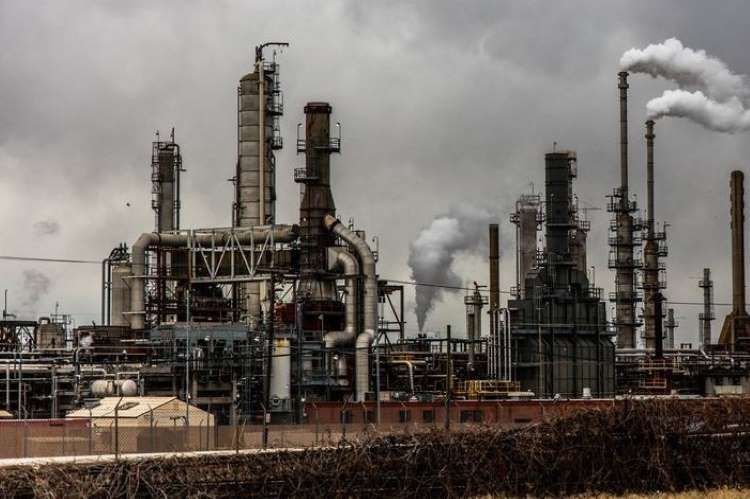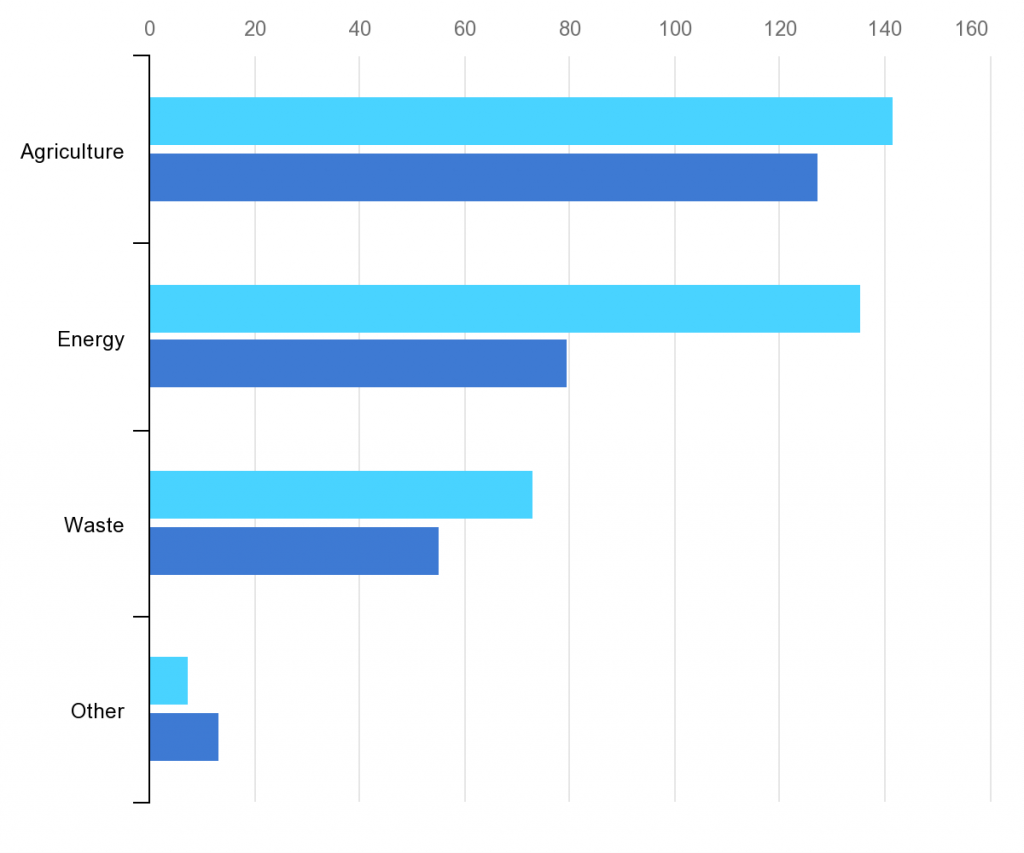
The Global Methane Pledge, a significant environmental commitment by over 150 countries, seeks to reduce methane emissions by 30% by 2030. The recent reports highlight a worrying gap between pledges and action. The pledge’s voluntary nature is its Achilles’ heel. Countries like Turkmenistan and Kazakhstan, among the top methane emitters globally, have joined the pledge, yet there is little to no reduction in their methane emissions. The United States has seen an increase in methane emissions in parallel with its oil and gas production.
This gap in action is not just limited to individual nations. At COP28, UN Secretary-General António Guterres criticised the oil and gas industry for their insufficient pledges to reduce methane leaks. Methane, a more potent greenhouse gas than CO2, contributes significantly to global warming. Guterres’s comments underline a broader issue: the inadequacy of current efforts to address methane emissions, particularly those from fossil fuel consumption.
The situation is paradoxical. On one hand, countries and industries acknowledge the importance of reducing methane emissions, while on the other, their actions fall short of their words. This disparity calls for a more robust approach – one that involves legally binding commitments, stringent regulations, and adequate funding. The US Environmental Protection Agency’s recent stringent limits on methane emissions from oil and gas operations, accompanied by grants to assist poorer nations in reducing their methane footprint, is a step in the right direction. However, these efforts need to be replicated and amplified globally.
READ I COP28 controversy highlights need for unbiased climate leadership
Importance of Global Methane Pledge
Methane is responsible for about 30% of the rise in global temperatures since the industrial revolution. Despite having a shorter atmospheric lifetime than carbon dioxide (CO2) — approximately 12 years compared with centuries for CO2 — methane is far more effective at absorbing energy, making it a potent greenhouse gas. In addition to its impact on climate change, methane contributes to air quality issues by leading to the formation of ground-level ozone, a harmful pollutant. The atmospheric concentration of methane has increased to around two-and-a-half times its pre-industrial levels, with a particularly sharp rise observed in recent years.
Global methane emissions are estimated at around 580 million tonnes annually, with about 60% originating from anthropogenic sources and the remainder from natural sources. The primary anthropogenic sources are agriculture, accounting for roughly a quarter of emissions, and the energy sector, including coal, oil, natural gas, and biofuels.
Global methane emissions by sector reported to the UNFCCC

Guterres’s call for eliminating emissions from fossil fuel consumption and his emphasis on the necessity of phasing out fossil fuels align with the scientific consensus for limiting global warming. The pledges made so far, while commendable, lack clarity and conviction in their pathway to achieving net-zero by 2050. This ambiguity opens doors for greenwashing, undermining the integrity of environmental commitments.
Furthermore, the early warnings for all initiative and the recent report by the UN Office for Disaster Risk Reduction and the UN World Meteorological Organisation point to another critical aspect: the need for early warning systems to protect against extreme weather events exacerbated by climate change. The progress made in this area is encouraging, yet half of the world’s countries lack adequate multi-hazard early warning systems, highlighting the disparity in global climate resilience.
The Global Methane Pledge and similar commitments are undoubtedly vital. But the path to meaningful climate action requires more than just pledges. It demands tangible, enforceable actions backed by scientific understanding and a commitment to global collaboration. Nations, especially those with significant methane emissions, must move beyond voluntary commitments to implement concrete measures. Additionally, the fossil fuel industry must be held accountable, transitioning from mere pledges to definitive actions that align with the goal of limiting global warming to 1.5 degrees Celsius.
Bridging the gap in the Global Methane Pledge is not just about reducing emissions; it is about aligning commitments with actions, ensuring regulatory and financial mechanisms are in place, and fostering a collaborative approach to tackle one of the most pressing issues of our time. The world is watching, and the time for real change is now.
